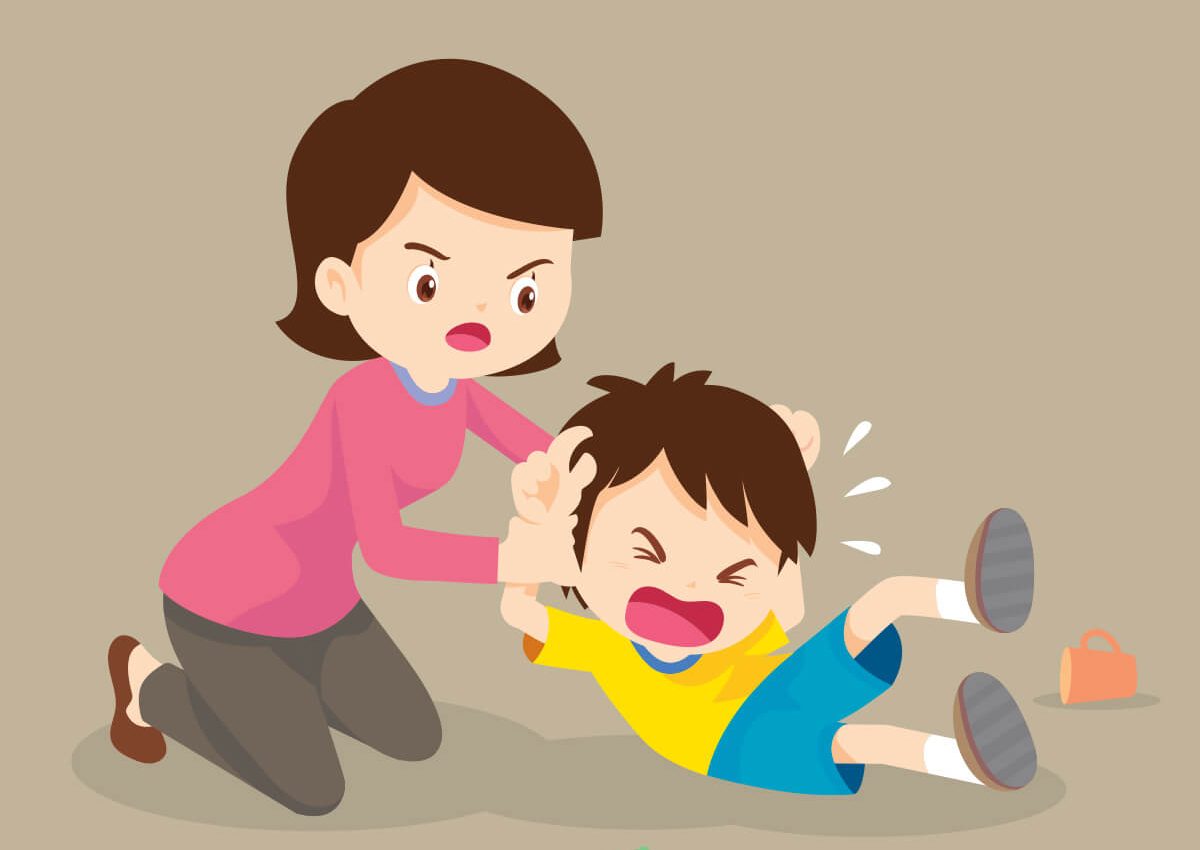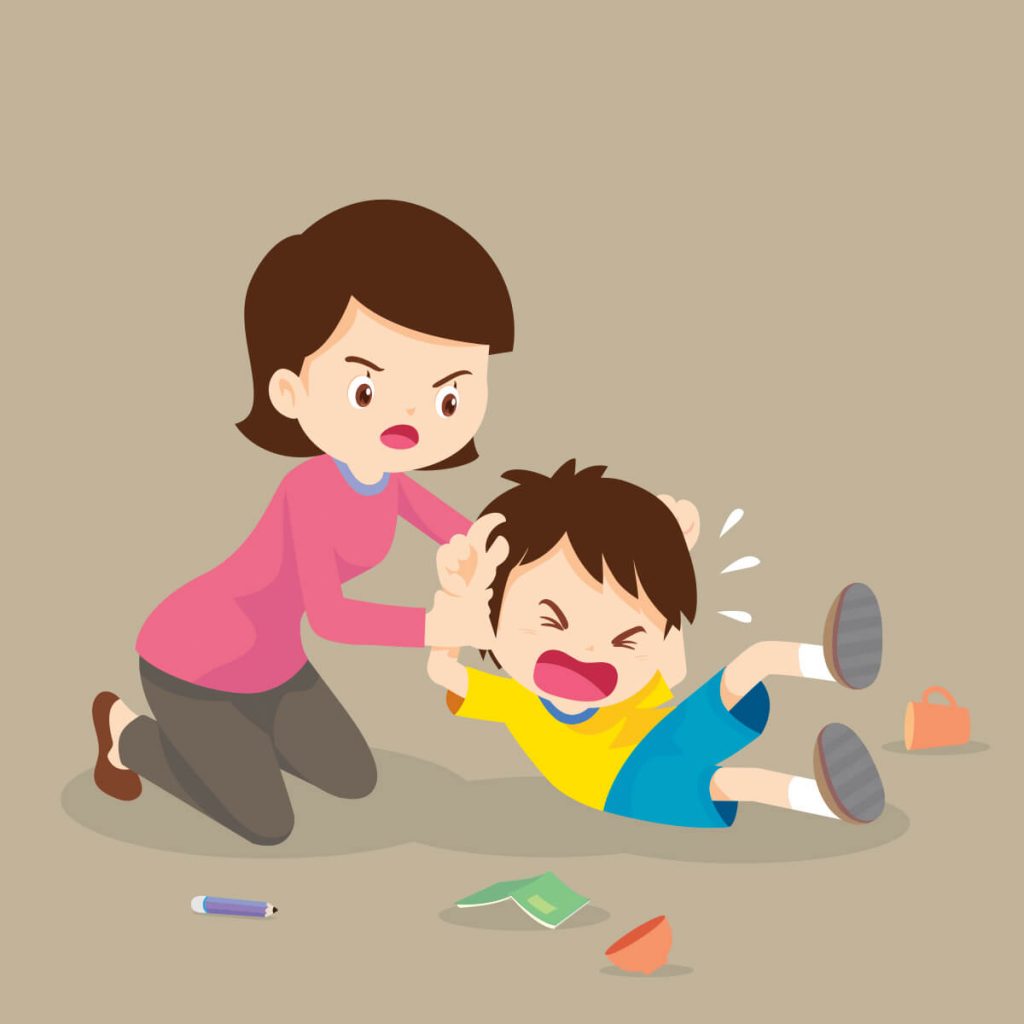
Having some amount of anger bouts is common, more so in preschoolers who are learning to assert their independence and want to do things their way. However, if you witness the child having frequent meltdowns, it is important to help them deal with them. Just as you teach the child to tie his shoelaces or brush his teeth, how to manage anger is a skill you need to pass on without it turning into a power struggle. Here are some handy tips to manage anger in a child:

Help the child differentiate between feelings and behavior
Typically the advice that we land up giving kids in the face of an angry bout is to calm down. It is important however that we teach the child not to repress their emotions. In fact, you need to start with helping the child label their emotions so that it is easy for the child to verbalize feelings of anger and disappointment instead of expressing them in ways that aren’t necessarily healthy. Another important lesson to pass on is that anger is a normal, healthy emotion. What is not okay is to hit, bite, or any of the other aggressive displays of this emotion.
Anger thermometer
In fact, an important tool that you can use that helps the child recognize some of the warning signs of an upcoming anger bout is an anger thermometer. It will help to have a large cut-out of a thermometer with markings from zero to ten. You can explain to the child how zero means no anger, 5 medium anger and 10 means extreme anger. You could also discuss how the child feels at each of these levels including the physical signs of anger. So at 5, the child may experience a red face or a pounding heart. Teaching the child to recognize these warning signs can go a long way in the child not reaching level 10 and exploding.
Model Anger Management Skills
As with every other aspect, nothing works better than modeling good behavior your self. If the child witnesses your frequent meltdowns in the face of crisis, it is unlikely that anything you ever tell him about managing his anger bouts better will work. On the other hand, if the child sees you coping with your feelings in an appropriate manner, odds are that the child will internalize these skills. In fact, it will help if you verbalize your emotions, as that will give the child the important lesson of talking about their feelings instead of shoving them under the proverbial carpet. On occasions that you do land up losing your cool, it will be worthwhile to offer an apology and discuss what you could have done better.
Healthy Coping Skills
While the common response to the child in the event of a meltdown is to tell him not to yell, or hit, it is equally important to let the child know what he could do instead. Suggesting therefore that the child can walk away from a situation when he or she is angry or make a drawing or run, can go a long way in endowing him or her with healthy coping skills. You could also use props such as a turtle to help the child learn the turtle technique of calming him or herself. Essentially it involves teaching the child to go into a shell like a turtle and think of calming thoughts. Similarly, a cut out of a traffic light can remind the child of how he needs to stop and think before acting. Other options include using squishy balls or even doing an angry dance; there are enough and more possibilities.
Offering the child consequences such as a timeout or loss of some privileges may sometimes become necessary. You need to remember, however, that the consequences need to be age-appropriate and need to be communicated to the child in advance. Threatening the child with consequences and not implementing them, on the other hand, can prove to be detrimental.
Similarly, each time you notice the child manage anger in a positive manner, do not forget to acknowledge the effort.
Offer consequences
Above everything, the message that you need to convey to the child is that you genuinely care about his or her feelings. Irrespective of whether you are setting limits for the child, remember to be empathetic and respectful.

Amita is an experienced educator with over 30 years of experience. She has an outstanding understanding of child development, having worked with various age groups for prestigious businesses. She has been dedicated to handling Footprints’s Curriculum and Delivery department for the past decade. Amita’s credentials include being one of India’s few HighScope Curriculum certified trainers and volunteering as a course leader for Landmark Education, the world’s largest training firm.

